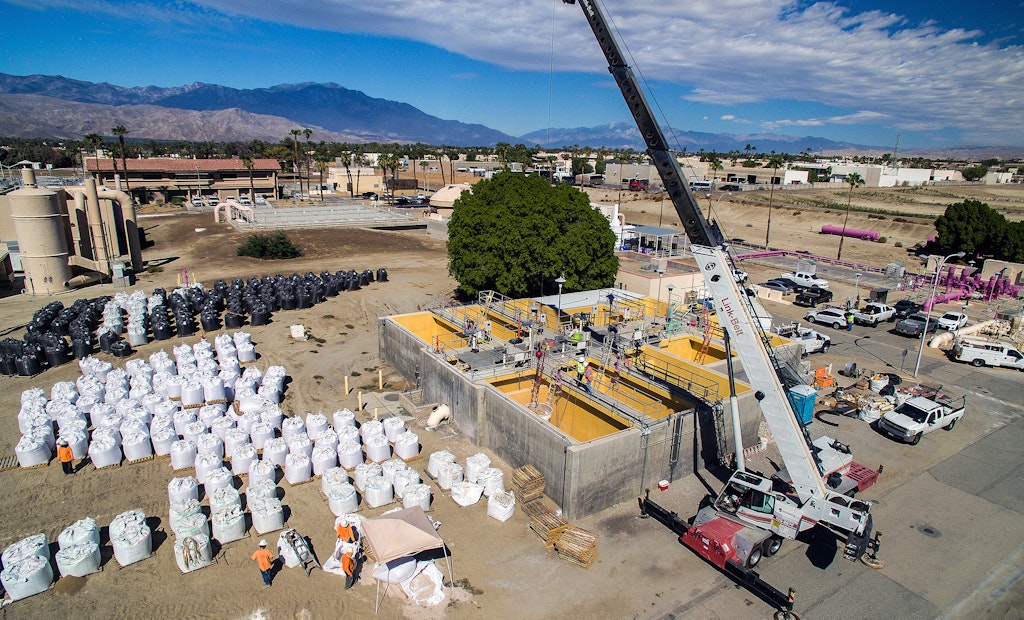Interested in Infrastructure?
Get Infrastructure articles, news and videos right in your inbox! Sign up now.
Infrastructure + Get AlertsA new poll recently released by the Value of Water Campaign shows that 84% of American voters want state and federal leaders to invest in water infrastructure. The near-unanimous support amid the COVID-19 pandemic reveals that voters value water and want elected officials to prioritize investing in infrastructure — specifically, drinking water and wastewater infrastructure.
For the fifth year in a row, the Value of Water Campaign poll surveyed over 1,000 American voters for the annual Value of Water Index. The poll asked voters how the nation should solve infrastructural issues and which priorities it should meet. Support for water infrastructure investment cuts across demographic, political and geographic divisions.
Key poll findings include:
• 84% of Americans support (with 47% strongly supporting) increasing federal investment to rebuild the nation's water infrastructure.
• 80% say rebuilding America’s infrastructure is extremely or very important. Americans support rebuilding the nation's infrastructure more than most other issues today, including reforming the healthcare system, expanding early childhood education, and ending the opioid crisis. It ranked similarly to strengthening the economy.
• 73% of Americans support investing in water infrastructure to increase resilience to climate change, even when told it could cost $1.27 trillion.
• 70% of Americans want the president and congress to develop a plan to rebuild water infrastructure. More than three in four democrats (94% ),republicans (77%) and independents (76%) broadly support increasing federal investment. Support also cuts across gender, age group and income.
Dave Metz, partner and president of Fairbank, Maslin, Maullin, Metz, and Associates (FM3), who helped to conduct the poll, says the COVID-19 crisis only sharpened public opinion about the need to keep people safe and healthy. “Investments in water infrastructure that benefit public health are seen as critically important in this environment. The public also tends to see them as ‘shovel-ready’ investments that can create jobs and strengthen the economy.”
Lori Weigel, principal of New Bridge Strategy, who was the other partner on the poll says that in the face of COVID-19, the public is thinking hard about needs versus wants. “Needs, such as food, shelter and water are perceived as fundamental and worth investing in right now. That perception is shared by people across ideological and geographic lines.”
Meanwhile, Radhika Fox, CEO of the US Water Alliance and director of the Value of Water Campaign, says water utilities provide an essential service, protect public health and help communities to thrive.
“These systems have operated continually for decades and need repairs,” says Fox. “There is a huge gap between the investment our water systems need and what we actually spend each year, meanwhile the federal government’s contribution to water infrastructure has plummeted for the last several decades. Investing in water is the smart thing to do for public health and for the economy. Voters are sending a clear message to state and federal leaders that investing in water must be a top priority.”
A bipartisan research team of FM3 and New Bridge Strategy conducted the poll, seeking voters’ opinions on the nation’s water infrastructure. The team fielded the poll from March 7-18, during a time when the COVID-19 pandemic begun to unfold in the United States and command public attention. See the full poll results here.






